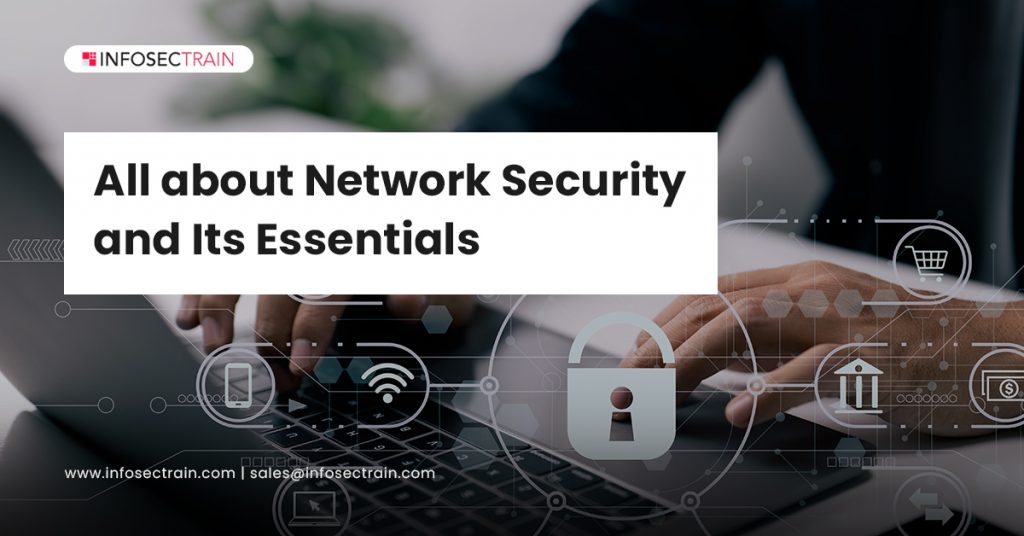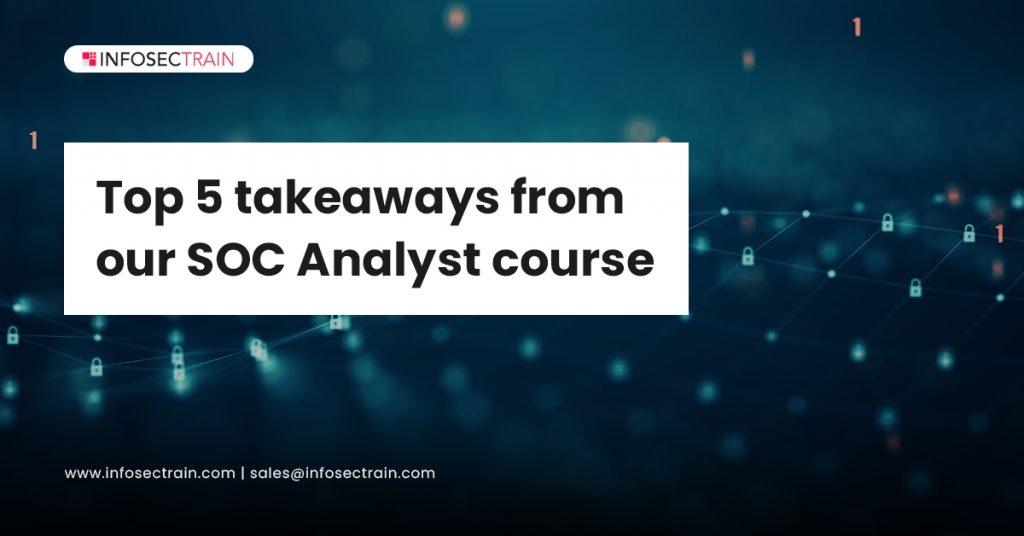SOC Analysts play a crucial position in today’s security teams since they are on the front lines of cyber defense, identifying and responding to cyber threats as they occur.
The InfosecTrain’s SOC Analyst training course is specifically created for aspiring and current SOC Analysts who want to learn how to prevent, identify, assess, and respond to cybersecurity threats and incidents. The course is the first level of a course series that includes Level 1-SOC Analyst and Level 2-SOC Specialist, and is specifically designed to assist you in mastering over trending and in-demand technical abilities to carry out numerous sophisticated SOC activities.
The course begins with the fundamentals of SOC teams and Blue Team operation architecture before moving on to more advanced topics such as digital forensics, incident response, threat intelligence, and SIEM (Security Incident and Event Management) solutions.
This training course also helps participants plan their preparation for the SOC Analyst certification examinations, which are required to obtain the most sought-after position in the SOC team.
 Read Reviews
Read Reviews






 5th Sep: Weekend
5th Sep: Weekend 







 It was a great experience,got opportunity to explore many new things and able to sort out doubts logically.
It was a great experience,got opportunity to explore many new things and able to sort out doubts logically.





 Certified & Experienced Instructors
Certified & Experienced Instructors Post Training Support
Post Training Support Customized Training
Customized Training Flexible Schedule
Flexible Schedule Access to Recorded Sessions
Access to Recorded Sessions 




 1800-843-7890 (India)
1800-843-7890 (India) 
